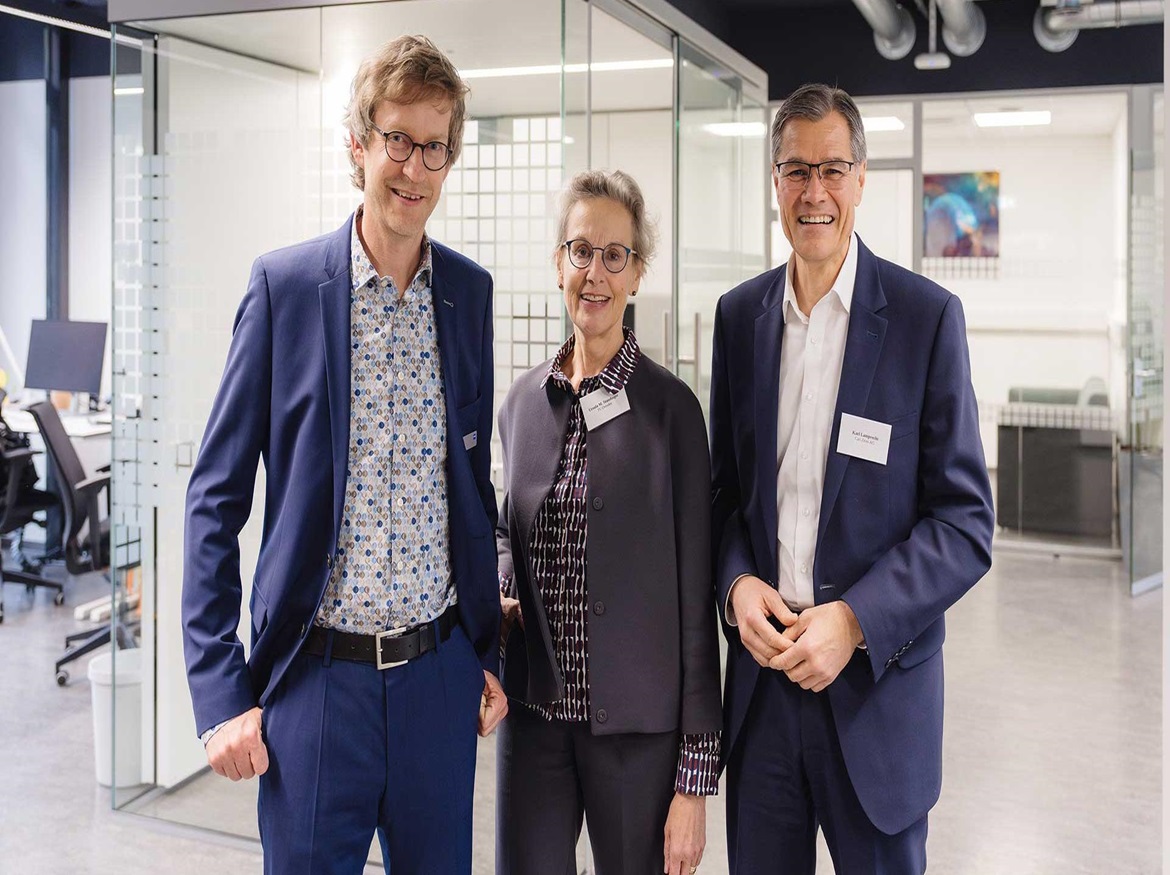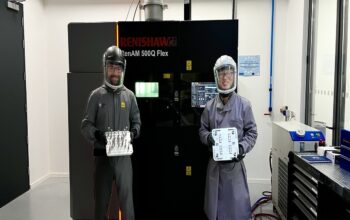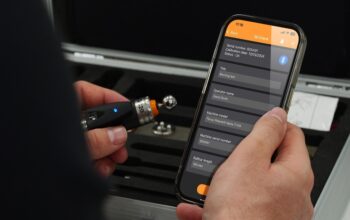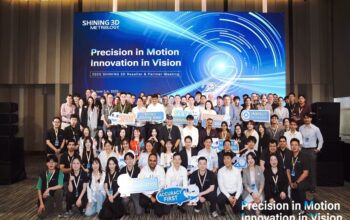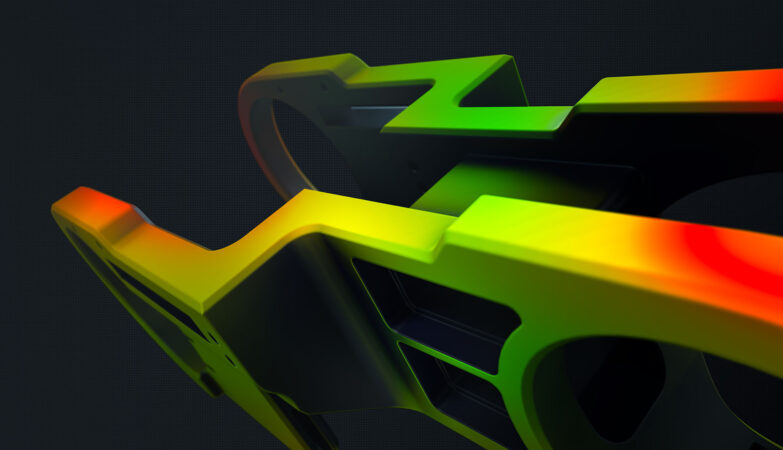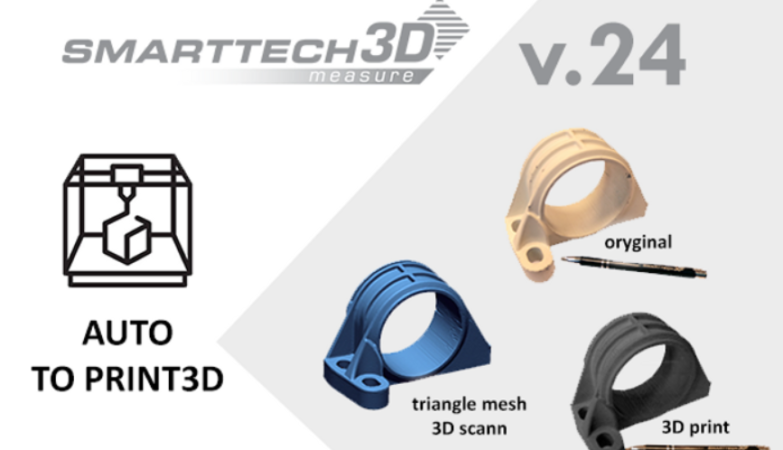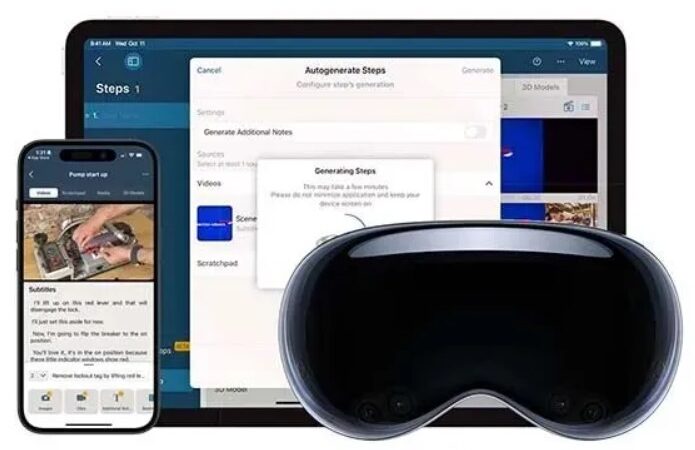ZEISS moves into new premises in Dresden with the Innovation Hub to further expand research activities in the life sciences and health sector.
The new premises of the ZEISS Innovation Hub Dresden opened on 7 May. The new area offers the twelve employees more room for additional innovation projects and the opportunity for further growth. The team is moving from the premises in the building of the Else Kröner Fresenius Center (EKFZ) for Digital Health on the campus of the Carl Gustav Carus University Hospital in Dresden to a building in Blasewitzer Straße, directly opposite the campus. The ZEISS Innovation Hub has around 700 square meters of floor space and modern laboratories, which the Innovation Hub employees will share with teams from ZEISS Microscopy. In addition to the ZEISS Executive Board and ZEISS employees, guests from industry and science were invited to the opening ceremony in Dresden, including Prof. Dr. Ursula M. Staudinger, Rector of the Technical University of Dresden.
“ZEISS is on a growth trajectory. To ensure this continues, we are investing in the future. The opening of the ZEISS Innovation Hub Dresden in the new premises is an example of investments in infrastructure and in dedicated and successful teams,” emphasized Dr. Karl Lamprecht, President and CEO of ZEISS, in his welcoming address. Both the number of employees and the number of innovation projects has grown steadily since the ZEISS Innovation Hub Dresden opened in 2021 in cooperation with the Technical University of Dresden. “In recent years, the projects at the ZEISS Innovation Hub Dresden have successfully contributed to our ZEISS strategy. That is why the activities are to be further expanded at a larger location,” says Lamprecht.
Part of the innovation ecosystem
The ZEISS Innovation Hub Dresden is one of the company’s two Innovation Hubs, where employees develop ideas and research approaches to realize innovative solutions for both ZEISS business units and customers. The aim of the teams at the Innovation Hubs is to identify new technologies, evaluate their relevance for ZEISS and transfer them into specific applications. The focus in Dresden is on innovation in the life sciences and health sector.
“Due to the immediate proximity to a large number of research institutions in the Dresden innovation ecosystem and the flexibility to work on explorative topics beyond the business units, we can break new ground in the field of health and life sciences at the ZEISS Innovation Hub Dresden,” explains Dr. Kai Wicker, Head of the ZEISS Innovation Hub Dresden, the special and for ZEISS highly relevant, on-site research environment.
“The partnership between ZEISS and TUD is steeped in tradition. The opening of the ZEISS Innovation Hub in the immediate vicinity of our Life Sciences and Health Campus demonstrates the close ties in the fields of biology, bioengineering and physics, where there will certainly be overlaps with our Physics of Life Cluster of Excellence. It is also a prime example of the attractiveness of Dresden’s unique science and innovation ecosystem ‘DRESDEN-concept Science and Innovation Campus’”, says Prof. Dr. Ursula M. Staudinger.
Strengthening the ZEISS location in Dresden and working more closely with the Technical University of Dresden forms part of ZEISS’ global innovation strategy. The aim is to continue expanding the company’s presence near research clusters and ensure better networking with those working in science and business. ZEISS also wants to find talents in the region who are willing to help shape the innovative technologies of tomorrow.
ZEISS in Dresden
The ZEISS Group is present in Dresden with two other companies: in 2020, ZEISS acquired Saxonia Systems, which has grown to over 230 employees as ZEISS Digital Innovation in Dresden at Fritz-Foerster-Platz. About 50 employees work at ZEISS Industrial Quality Solutions (formerly Carl Zeiss Innovation Center for Metrology) in the business park in Bertolt-Brecht-Allee. All three units have important commonalities in digitalization as well as in the manufacturing industry and healthcare. The combined expertise of the three ZEISS units also creates synergies in research and development, which will also strengthen Dresden as a center of innovation.


